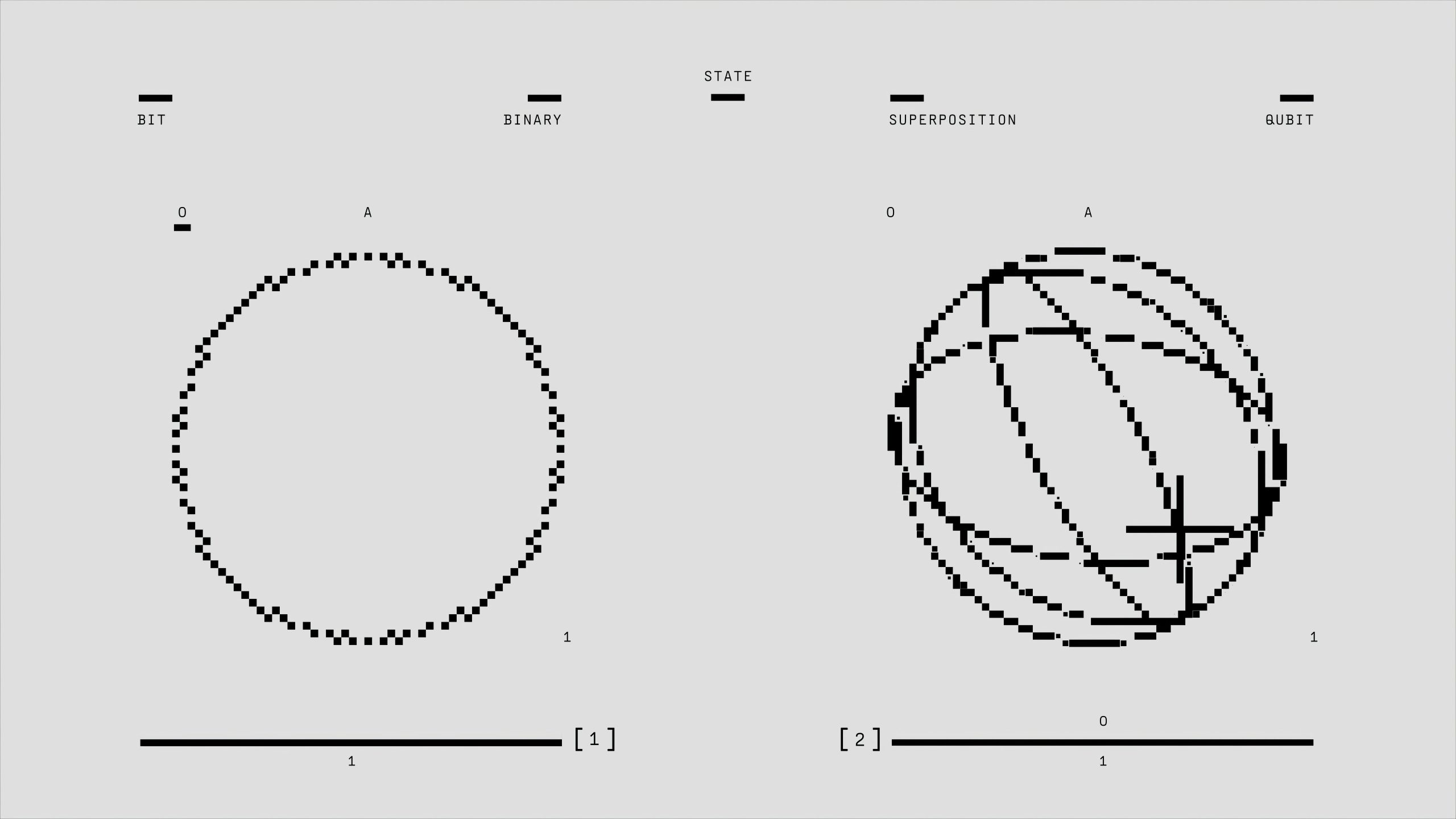I firmly believe that AI will soon be capable of creating entire feature films.
The Future of Filmmaking: How AI Is Transforming Movie Creation
As technology continues to evolve at a rapid pace, I firmly believe that the ability to generate full-length movies through artificial intelligence is imminent. Imagine a future where children, simply by articulating their ideas and fantasies, can request a personalized film and have it produced within minutes—all thanks to sophisticated AI tools.
My conviction in this vision has only strengthened since the launch of DALL-E, which demonstrated how AI could create detailed visual content from mere descriptions. The advancements don’t stop there—latest models like VEO 3 have brought us even closer to turning this vision into reality, making the idea of on-demand, AI-generated movies more plausible than ever.
In the entertainment industry, we’re already witnessing early signs of this transformation. Visual effects (VFX), traditionally a labor-intensive and costly part of filmmaking, are increasingly being automated using AI technologies. This trend suggests that we may soon see a drastic reduction in production costs and turnaround times. The next logical step could be AI handling the entire VFX pipeline, with human artists transitioning into managerial roles rather than creators.
The implications are profound: as AI becomes more integrated into content creation, the barrier to producing tailored films diminishes drastically. While challenges and ethical considerations remain, the trajectory points to a future where the lines between imagination and real-time creation blur—re-defining how movies are made and consumed.
For more insights into how AI is impacting the film industry, check out this recent example of Netflix leveraging generative AI to cut VFX costs by 30% in their latest production: Netflix reduces VFX expenses with AI.














Post Comment